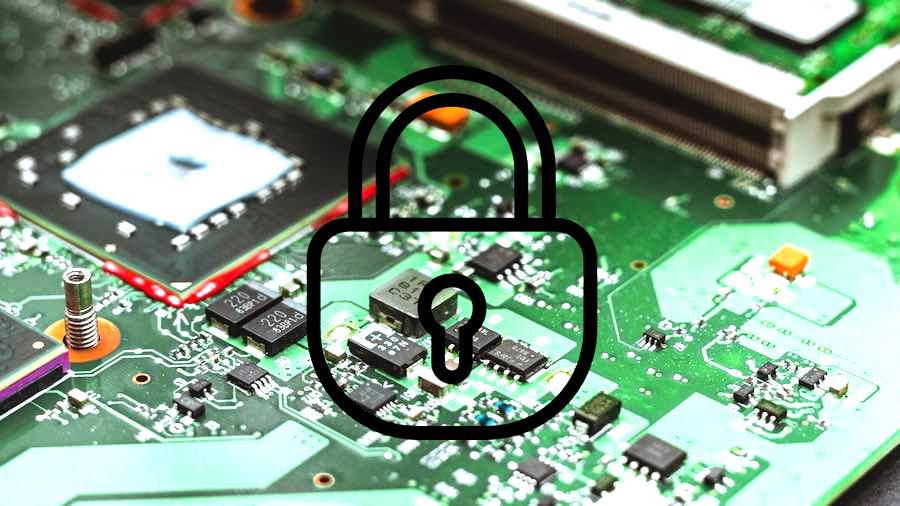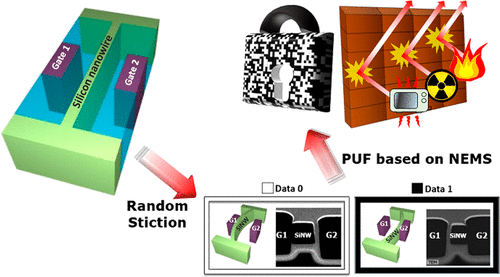Korean Researchers Create An “Unhackable and Indestructible” Chip — Here’s How It Works

To beef up the security in sensitive environments like the military, a team of Korean researchers has created PUFs (Physical Unclonable Functions), which are virtually indestructible, as reported by Inverse.
Named “Nano-electromechanical Switch Based on a Physical Unclonable Function for Highly Robust and Stable Performance in Harsh Environments,” this paper describes the demonstration of a PUF device that uses a nano-electromechanical (NEM) switch.
In simpler language, PUFs could be seen as fingerprints that add a unique identity to each chip on a computer; they are created when each chip is manufactured. Due to this uniqueness, they can’t be cloned.
The NEM-PUF being mentioned here is created using extremely tiny silicon nanowire that’s suspended in a liquid between 2 gates representing 1 and 0. During the manufacturing process, the liquid gets evaporated and wire randomly sticks to one of the gates.

When a bunch of these chips is put together, it creates a long and completely random security code. If someone tries to access the data without this code, access would be denied.
Apart from being unhackable from the data security point of view, the NEM-PUFs were also tested under several harsh environments, including high radiation, microwaves, high temperature, etc. The results of NEM-PUFs were far better when compared to other PUFs. Moreover, the chips were also designed to self-destruct in case of a breach.
Are innovations like these a need of the hour? Should they be made production-ready to make our lives more secure? Share your views with us.
Also Read: Intel Adding ‘Hardware Lock’ To Prevent ME Chip Hacking In Future






